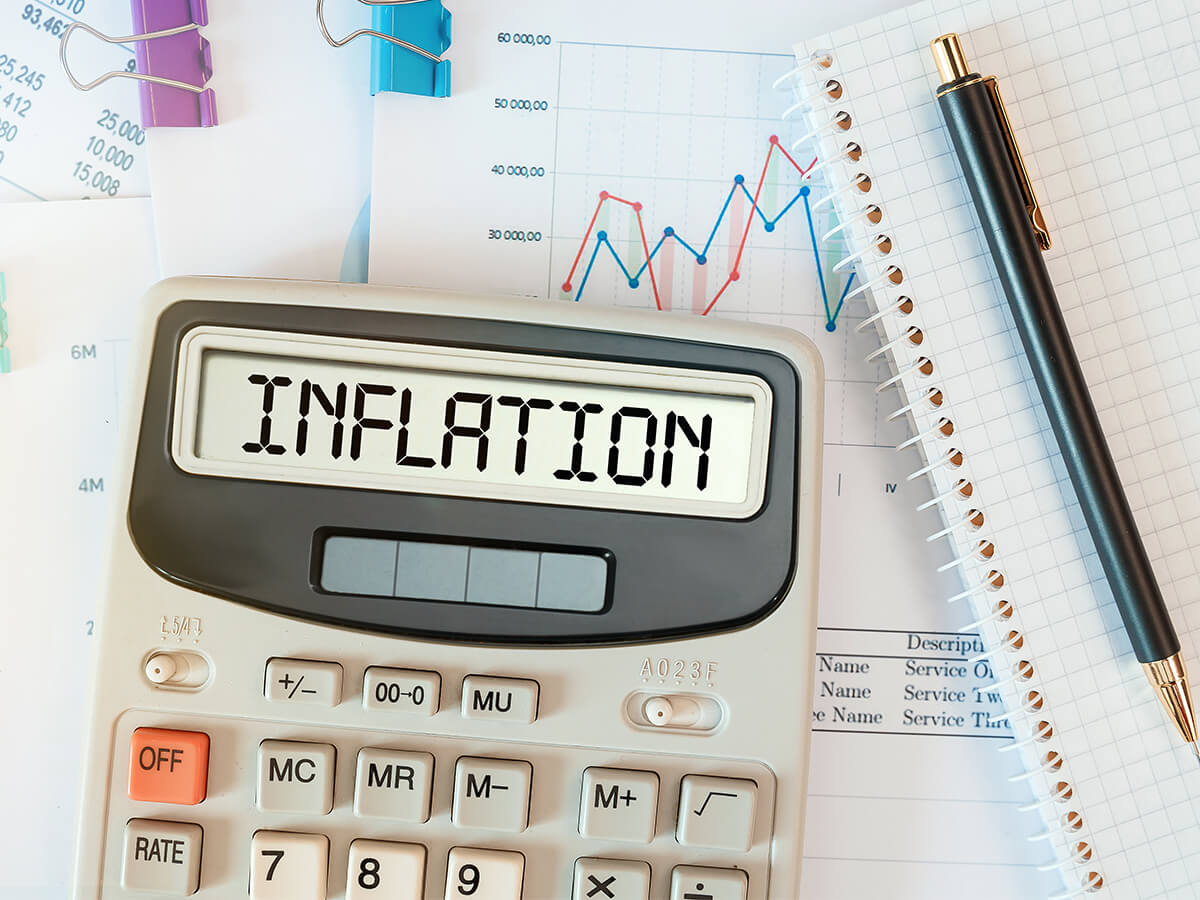Picture this scenario: You diligently save a portion of your hard-earned money in a fixed deposit (FD) account for a rainy day. However, over time, you notice that the purchasing power of your FD returns is gradually decreasing. Why does this happen? The answer lies in the impact of inflation on fixed deposits.
Inflation is the persistent rise in the price of goods and services over time, which reduces the purchasing power of money. When inflation rates increase, it affects various aspects of our economy, including FD interest rates offered by banks and non-banking financial institutions (NBFCs). In this blog post, we will dive deeper into understanding how inflation impacts fixed deposits and explore strategies to maximise your FD returns.
Impact of inflation on FD interest rates
The interest rates offered on fixed deposits are not immune to inflation. Let's take a closer look at how inflation affects FD interest rates:
- Drop in Purchasing Power: Inflation erodes the purchasing power of FD interest rates. As prices rise, the value of your money decreases over time. This means that even if you earn a certain percentage as interest on your FD, its real value diminishes due to inflation.
- Decreased Real Returns: When inflation rates increase, it lowers the real value of the interest earned on your fixed deposit. To calculate the real return after accounting for inflation, subtract the inflation rate from the FD interest rate. For example, if you earn 6% interest on your investment and the inflation rate is 4%, your real return would be 2%.
- Effect of Repo Rate Increase: The Reserve Bank of India (RBI) plays a crucial role in managing inflation through its monetary policy. When inflation rises, the RBI may increase the repo rate, which is the interest rate at which commercial banks borrow funds from the central bank. This increase in repo rate affects both lending and deposit interest rates.
Ways to maximise returns on your FDs
While inflation may impact your fixed deposit returns, there are strategies you can employ to maximiseyour investment returns. Here are some tips:
- Avoid Premature Withdrawal: Withdrawing funds from your FD before maturity can significantly reduce your investment returns. Most banks impose a penalty (typically around 1%) for premature withdrawals. Stay committed to your investment and let it mature for optimal returns.
- Senior Citizen FD Account: If you have senior citizen parents who fall under a non-taxable income bracket, consider opening an FD account in their name. Banks offer higher interest rates for senior citizens FD, allowing you to maximise your FD returns.
- Submit Form 15G or 15H: To avoid tax deduction on your FD interest and maintain maximum returns, submit Form 15G or 15H in your fixed deposit account if you fall under a taxable income slab. Form 15H is for general categories, while individuals above 60 years should submit Form 15G.
Additional read: Fd Stability In Uncertain Times
Investment strategy during an inflationary period
During periods of inflation, it's essential to adjust your investment strategy accordingly. Here are some strategies that can help mitigate the impact of inflation and maximise your returns:
- Invest in short-term deposits: Investing in short-term fixed deposits during an inflationary period allows investors to benefit from higher interest rates. As the FD rates are pre-determined, you can take advantage of constantly shifting interest rates by reassessing your investment strategy periodically.
- Diversify your investment portfolio: To safeguard against the impact of high inflation, consider diversifying your investment portfolio beyond fixed deposits. Explore other asset classes such as real estate, equities, and inflation-protected securities to achieve higher returns and mitigate risk.
- High-income generating instruments: Research various fixed deposit options available in the market that offer high returns even during an inflationary period. By analysing their historical performance and comparing interest rates, invest in instruments that generate substantial income to offset inflationary pressures.
Conclusion
Inflation has a significant impact on fixed deposits, reducing their real value over time. However, by understanding how inflation affects FD interest rates and implementing strategies to maximise your returns, you can protect your investments from inflationary pressures.
At Mahindra Finance, we understand the challenges faced by individuals in maximising their FD returns. Our range of financial solutions is designed to help you make informed decisions and achieve your financial goals. Visit our website to explore our offerings and start maximising your FD returns today.
FAQs
Q: How does inflation affect the purchasing power of money?
Inflation reduces the purchasing power of money over time. As prices rise due to inflation, the value of money decreases. This means that you can buy fewer goods and services with the same amount of money.
Q: What is the repo rate?
The repo rate is the rate at which commercial banks borrow funds from the Reserve Bank of India (RBI). When inflation rises significantly, the RBI may increase the repo rate to control inflation.
Q: Can fixed deposits provide protection against inflation?
Fixed deposits do not always provide a hedge against inflation since their interest rates may not always keep pace with rising inflation rates. It's important to consider other investment options that offer better protection against inflation.
Q: Are there any fixed deposit schemes designed specifically to combat inflation?
Currently, there are no fixed deposit schemes specifically designed to combat inflation. However, you can explore other investment options such as inflation-protected securities or equity investments that can help offset the impact of inflation.






















































